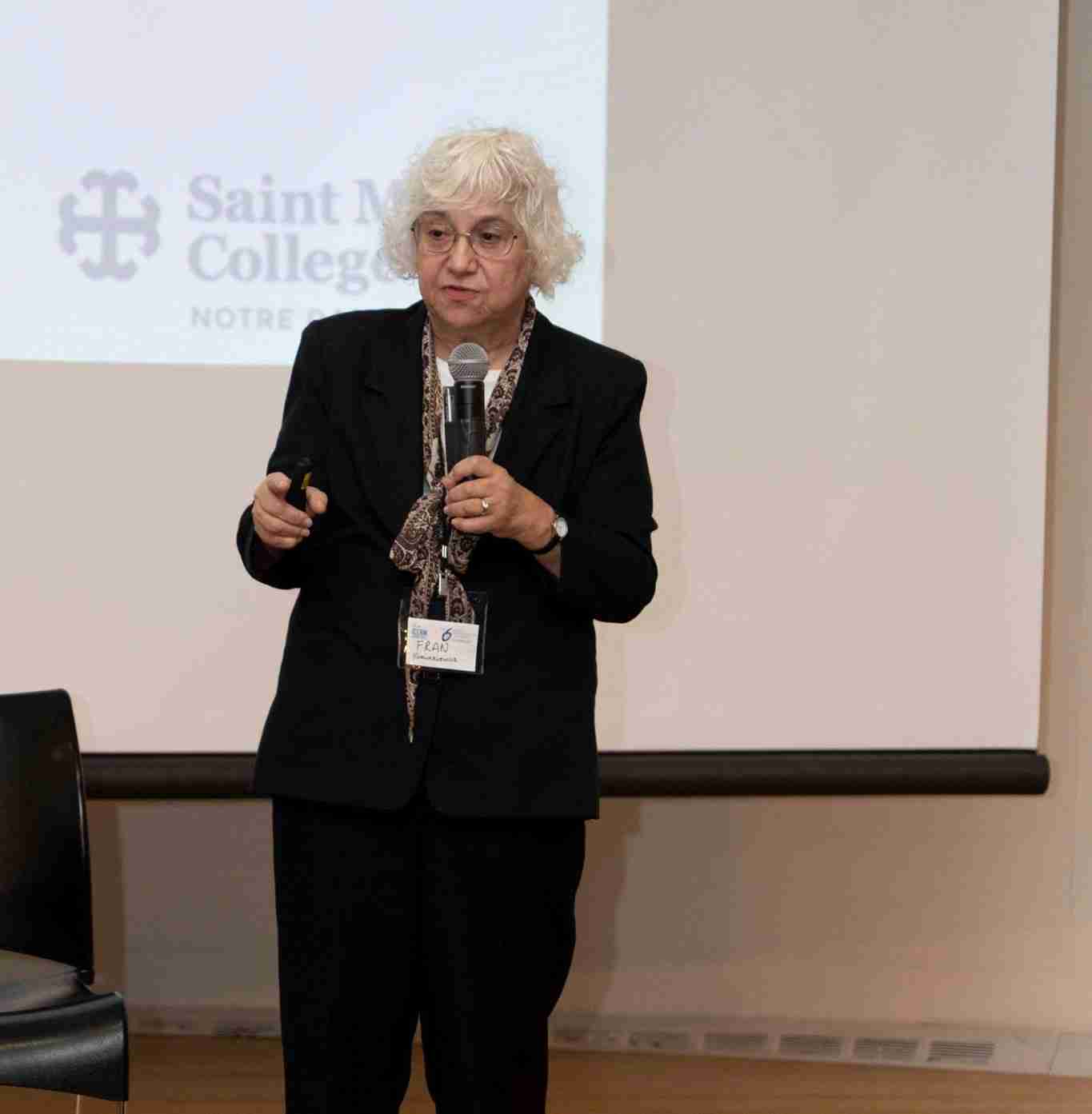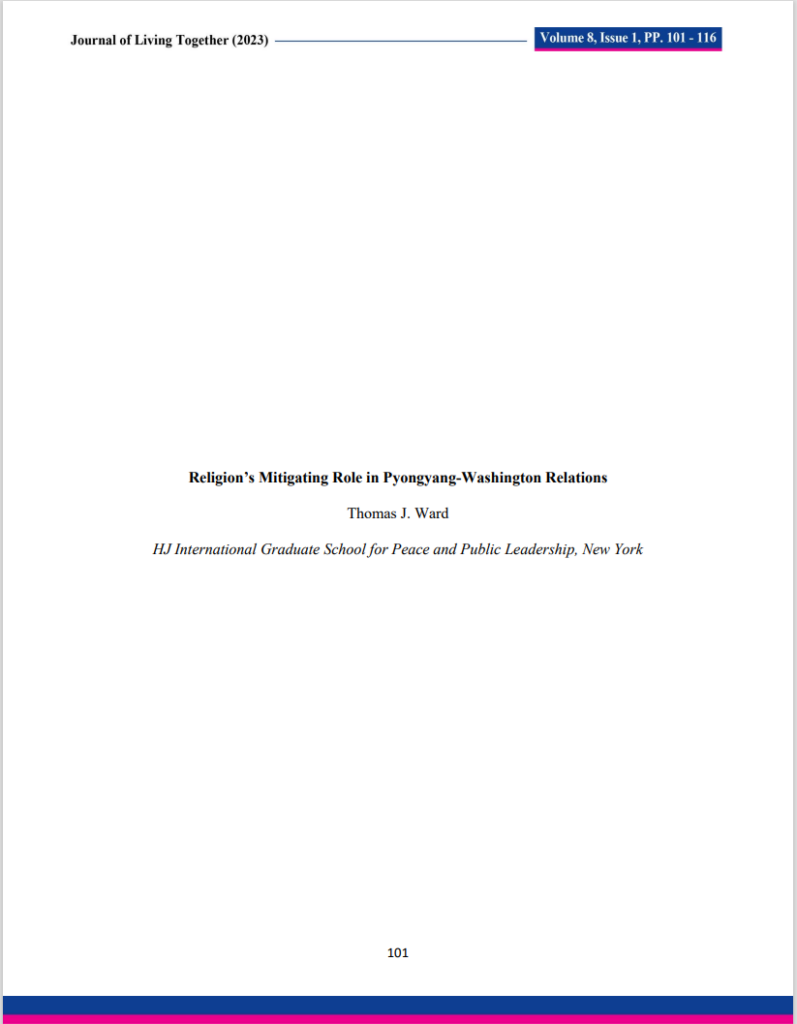Peace and Conflict Resolution: The African Perspective

Peace and Conflict Resolution: The African Perspective on ICERM Radio aired Saturday, April 16, 2016 @ 2:30 PM Eastern Time (New York).

Listen to the ICERM Radio talk show, “Lets Talk About It,” for an inspiring interview with Dr. Ernest Uwazie, Director, Center for African Peace and Conflict Resolution & Professor of Criminal Justice at the California State University Sacramento.
In this episode, our guest, Prof. Ernest Uwazie, talks about his peace and conflict resolution projects and activities in Africa and within the African Diaspora in the United States.
As the Center for African Peace and Conflict Resolution celebrates its 25th anniversary of the Africa & Diaspora Conference, Prof. Uwazie discusses the lessons, best practices and opportunities for peace, security and sustainable development in Africa.



